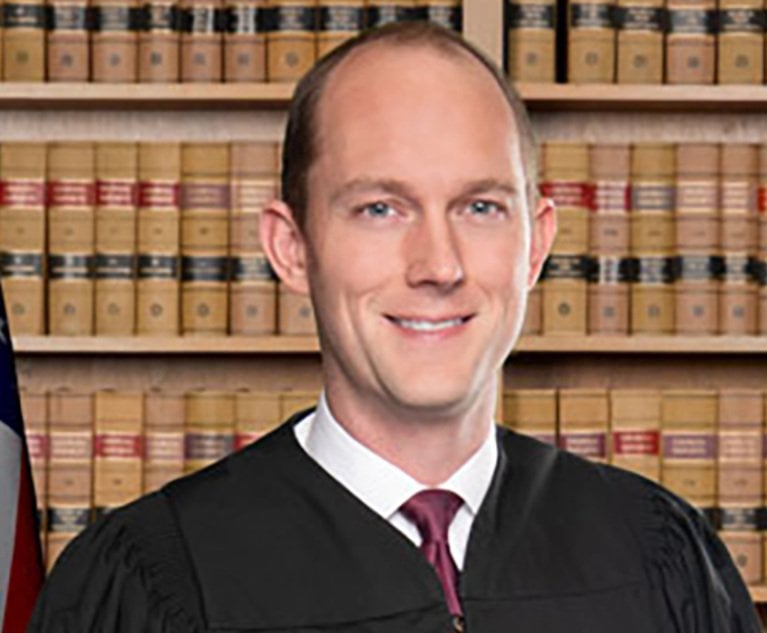A split federal appeals court said Alabama’s voter ID requirement is not unconstitutional or racially discriminatory because “most Alabamians already possess photo ID and voters who do not have one can obtain one easily.”
The majority opinion from the U.S. Court of Appeals for the 11th Circuit, written by Judge Elizabeth Branch with the concurrence of Senior Judge Ed Carnes, said that instances of alleged voter fraud in the 1990s justified the state’s passage of a 2011 law despite assertions that it was racially motivated.


 Lisa Branch, judge with the U.S. Court of Appeals for the Eleventh Circuit, speaking during a panel discussion on Nov. 15, 2018. Photo: Diego M. Radzinschi/ALM
Lisa Branch, judge with the U.S. Court of Appeals for the Eleventh Circuit, speaking during a panel discussion on Nov. 15, 2018. Photo: Diego M. Radzinschi/ALM





